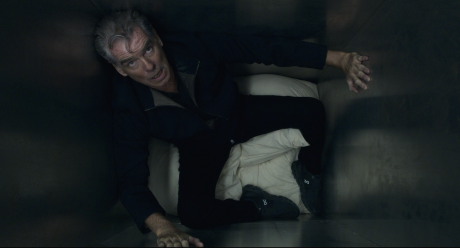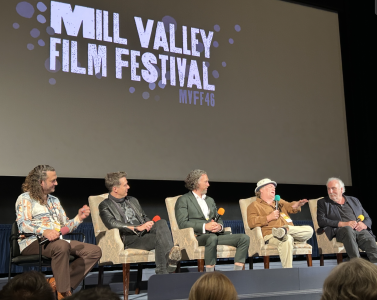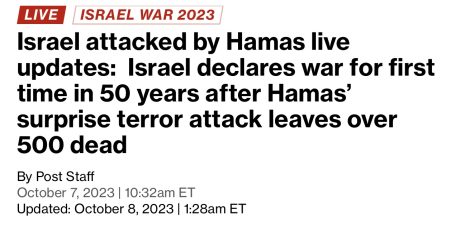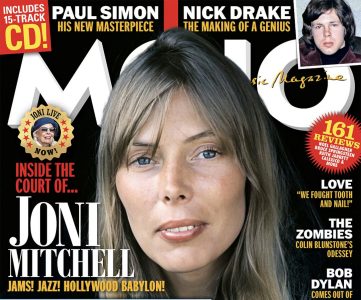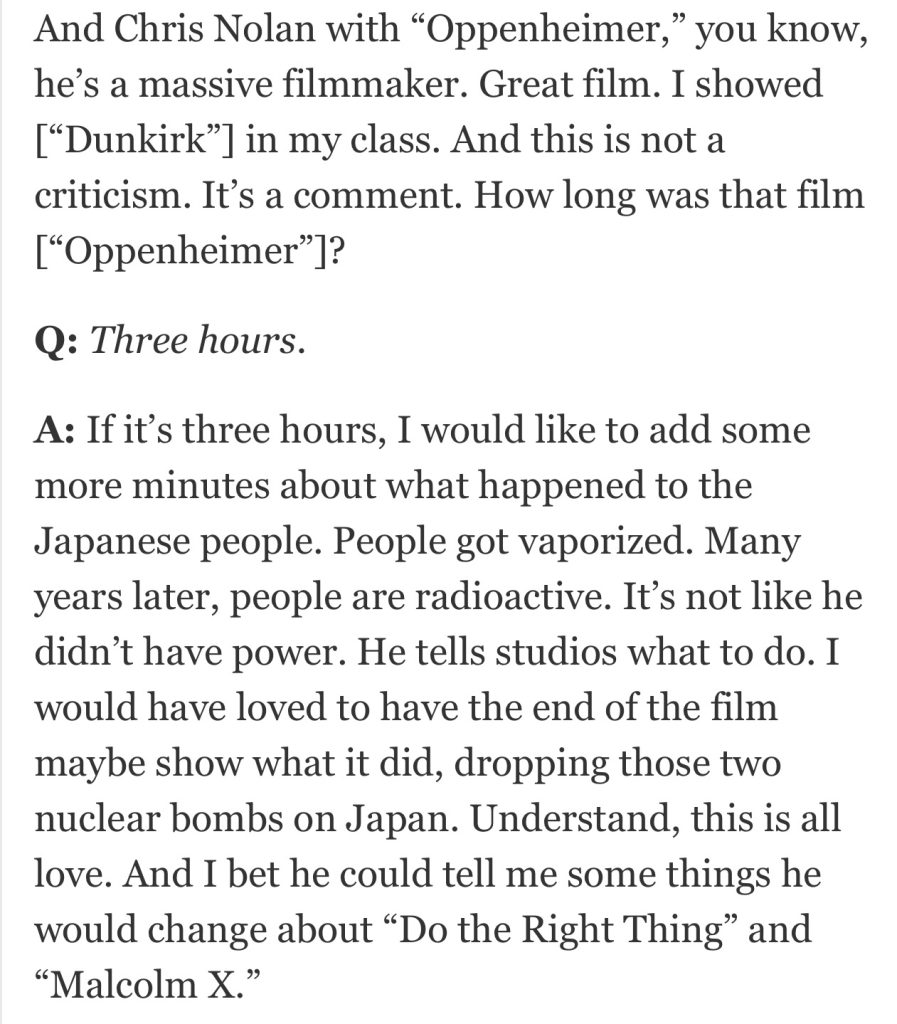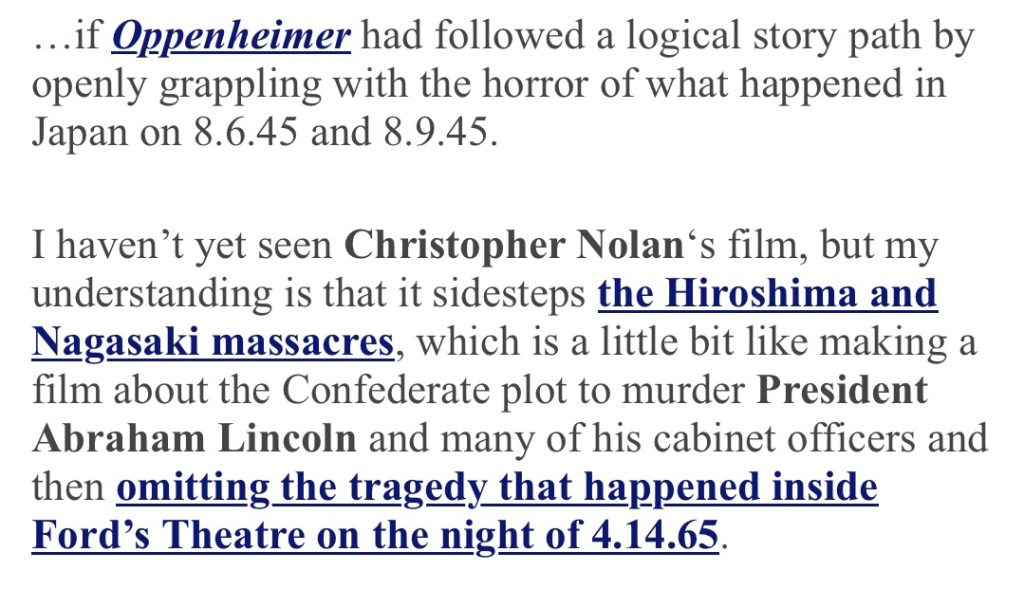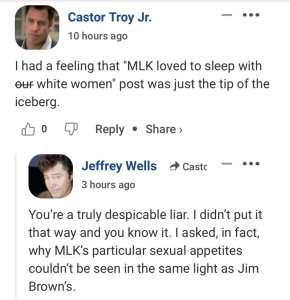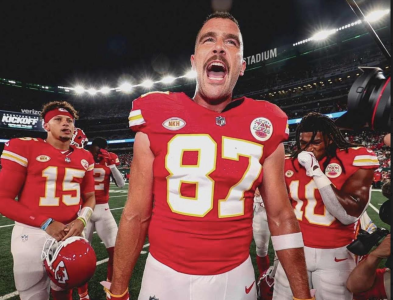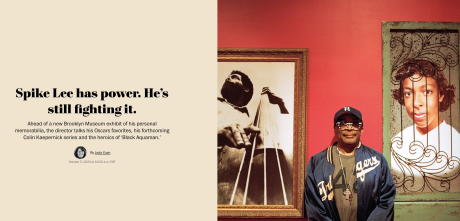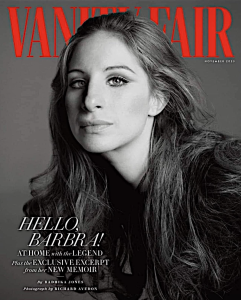The conventional time to memorialize poor Chris Reeve would be 12 months hence — the 20th anniversary of his death. The Superman star and quadriplegic crusader passed almost exactly 19 years ago — 10.10.04. Three days later I wrote a piece called “Guarded Guy.” Hollywood Elsewhere was only two months old at the time. Here’s an excerpt:
I had an experience with Reeve in 1980, when I was a pup journalist living in New York. It began with an interview piece I wrote about him for a New Jersey weekly called The Aquarian, the main subject being Somewhere in Time, which I had a thing for at the time, or more particularly the beautifully shot finale. (I wrote about this in ’17 — reposted below.)
Reeve and I met for the interview at a restaurant on upper Columbus Avenue. I had done my homework and prepared a lot of deep-focus questions, and I think he enjoyed our talk. Sonia Moskowitz, a gifted photographer whom I was seeing at the time, sat in for the interview and then took some photos of Reeve (plus one of him and me) outside the restaurant. Then we went back inside to sort out the bill.
I was a bit green back then, but I’d done a few celebrity interviews and knew that the basic rule was that the studio always picked up the tab. I assumed this would be the case but there was no Universal publicist at the restaurant to cover the check, and I didn’t know what to do because my Aquarian editor had never talked to me about expenses, and I didn’t have the cash to cover it on my own.

I thought Reeve (wealthy actor, right?) might step up to the plate and get his money back from Universal. It was that or somebody would have to leave a personal check or wash dishes. Talk about embarrassing. When I told Reeve I was a bit light I could see he was irritated. We kind of hemmed and hawed about it on the sidewalk, I offered everything I had (about $15 bucks), and he finally dug out his wallet and said, “Well, all right” and paid the balance.
When I wrote my piece I threw in a couple of graphs at the end about this bill-paying snafu. I thought it was both amusing and humanizing on some level that a successful big-name actor who’d played Superman was capable of getting flustered about paying a check, just like anyone else.
A week or two later, just as the Aquarian piece came out, I went with a couple of friends to see Reeve in The Fifth of July. We visited his dressing room to say hello after the show, and as an ice-breaker I asked if he’d seen the article. Bad question. Reeve hadn’t liked my closer and said so. He was scowling at me. I felt like I was suddenly in the Twilight Zone. I thought I’d written about the restaurant-tab thing with humor and affection. I’d figured this plus the fact that the overall piece was highly flattering would have charmed him.
To soothe things over I wrote him a note the next day saying I was sorry he had that reaction, that I really thought the humor I got out of our check-paying episode made it a warmer, fuller piece, and that I hoped he wouldn’t hold a grudge.
A few weeks later I ran into Reeve at an invitational party at a Studio 54-like roller skating joint in Chelsea. As soon as he spotted me he came right over, smiling, and said, “Hey, Jeff. Got your note…everything’s cool…don’t worry about it.” We shook hands, he smiled again and said “peace,” and that was that.
What this told me about Reeve is that he was gracious, obviously, and able to handle embarassments and whatnot. It also told me that deep down he was into dignity and protocol and doing things a certain way. I think that attitude bled into his acting on a certain level, and that’s why he wasn’t quite Marlon Brando.
Read more

